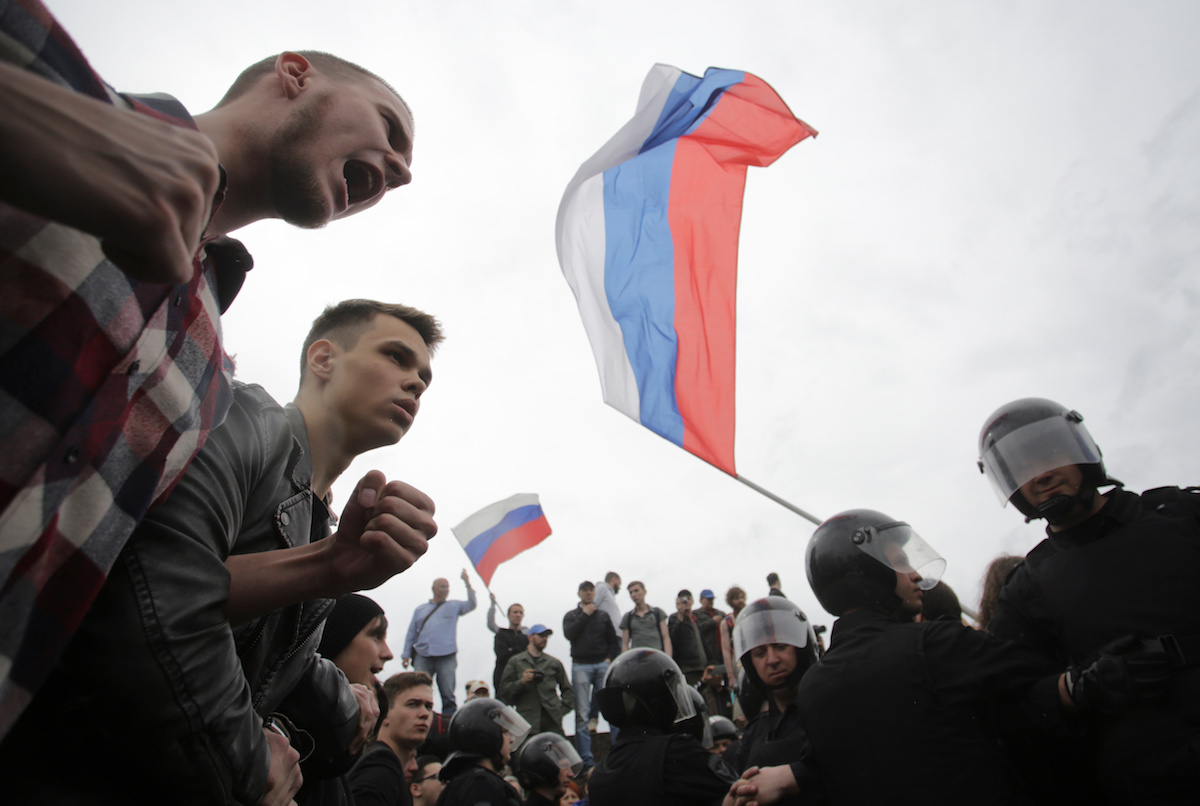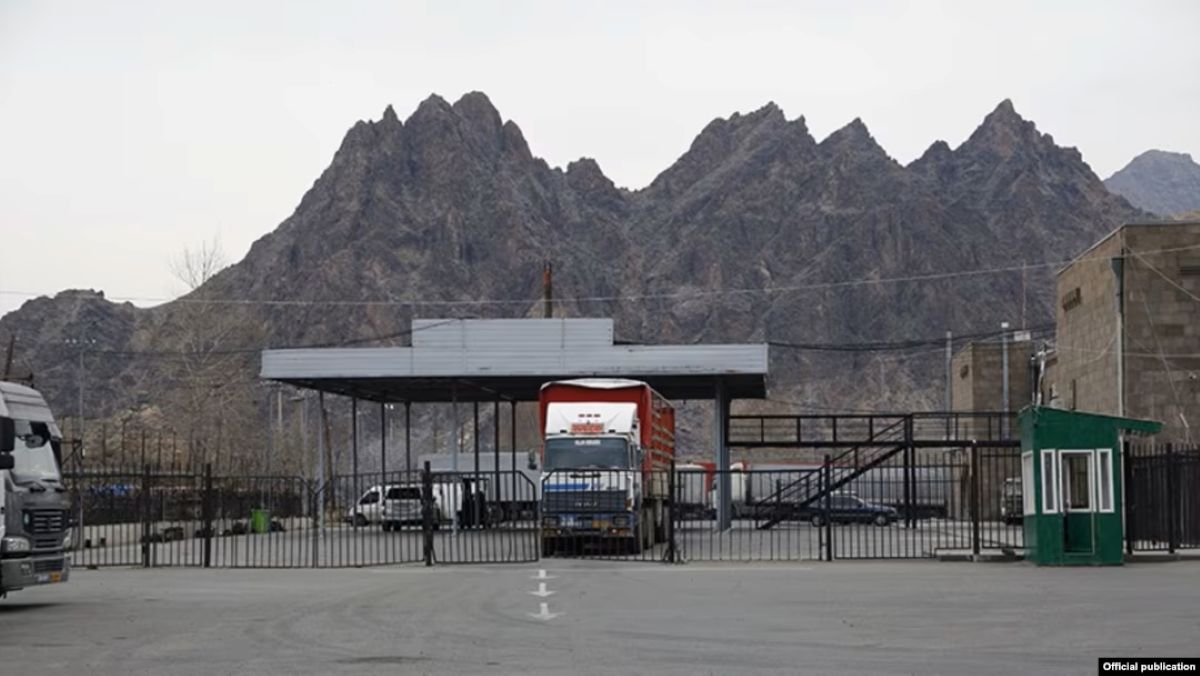Russia: the authorities are attacking the youth

Based on a report from Novaya Gazeta
A charity concert was organized in Moscow on 26 November by rap artists in support of Husky, a rapper who was arrested in Krasnodar.
Husky was arrested, detained for 12 days and then released shortly before the concert. However, the demonstration still took place. A whole wave of concerts and other events across Russia were then being cancelled.
Cultural observers questioned by Novaya Gazeta said the crackdown on cultural events is only part of the authorities’ standoff with the youth.
The main charge against performers whose events were cancelled is “immorality”. Another way to have the concerts cancelled is to generate “public outrage” and to give airtime to “concerned parents” and others who are ‘deeply concerned about the rights of children’.
The AniDag Anime Festival in Dagestan [ed. A republic within Russia in the North Caucasus] was recently cancelled, also on grounds of “immorality”. The event was said to have violated the “moral purity” of Dagestan’s residents.
• Op-ed: Georgia – a war of worlds
• Opera singer at Abkhaz concert causes scandal
• Mass arrests and beatings in Russia at demonstrations against pension reform
A children’s drawing competition which took place on the Day of Tolerance in the city of Yekaterinburg was also deemed “immoral” after LGBT motifs were found in the works of school children. The motifs consisted of a rainbow and the inscription: “We cannot choose [our] appearance, orientation or race. We are all unique in our own way”.
The drawings were confiscated by the police, and “guardians of morality” demanded that an administrative case be brought against the school principal.
The behavior of the authorities is somewhat similar to that of a teacher who has lost contact with their students, says sociologist Greg Yudin.
“The teacher hasn’t had an interest in their lives for a long time, but nevertheless has ideas of what they should do and what they should not do. And when the teacher sees that no one obeys their laws, the teacher becomes irritated and begins to hit the children with a ruler, put them in a corner and hit them with a ruler on their fingers,” says Yudin.
The conflict between the authorities and the youth has been clearly visible since March 2017 when, for the first time, many teenagers were noticed at a protest rally held in support of opposition figure Alexei Navalny.
Political observer Vitaly Shklyarov believes that the Russian authorities tried to make it appear as if their participation in the anti-corruption protests of 2017 were due to infantile teenage hysteria that should be treated with disdain by parents, at best.
Experts say that such a large gap between Russian generations have not existed for a long time, although young people and the older generation have always lived in different worlds.
It should be noted that attempts to reign in young people are sometimes rather unusual, but can still be seen for what it is.
In Yekaterinburg, schoolchildren were offered the opportunity to shoot at the “enemy of the Russian people” during shooting competitions. Prior to this, in the same place, schoolchildren were given the chance to pretend to be hostages.
In Nizhny Tagil, following an incident where the city’s eternal flame – a monument to the fallen in World War II – was extinguished by snowballs, the head of the region responded by enforcing extended classes on ‘patriotism’. When and where patriotic education does not suffice, the church dominates with sermons on the basics of family life and the prohibition of premarital relations. A proposal was recently made in the State Duma to have dating sites banned.



















